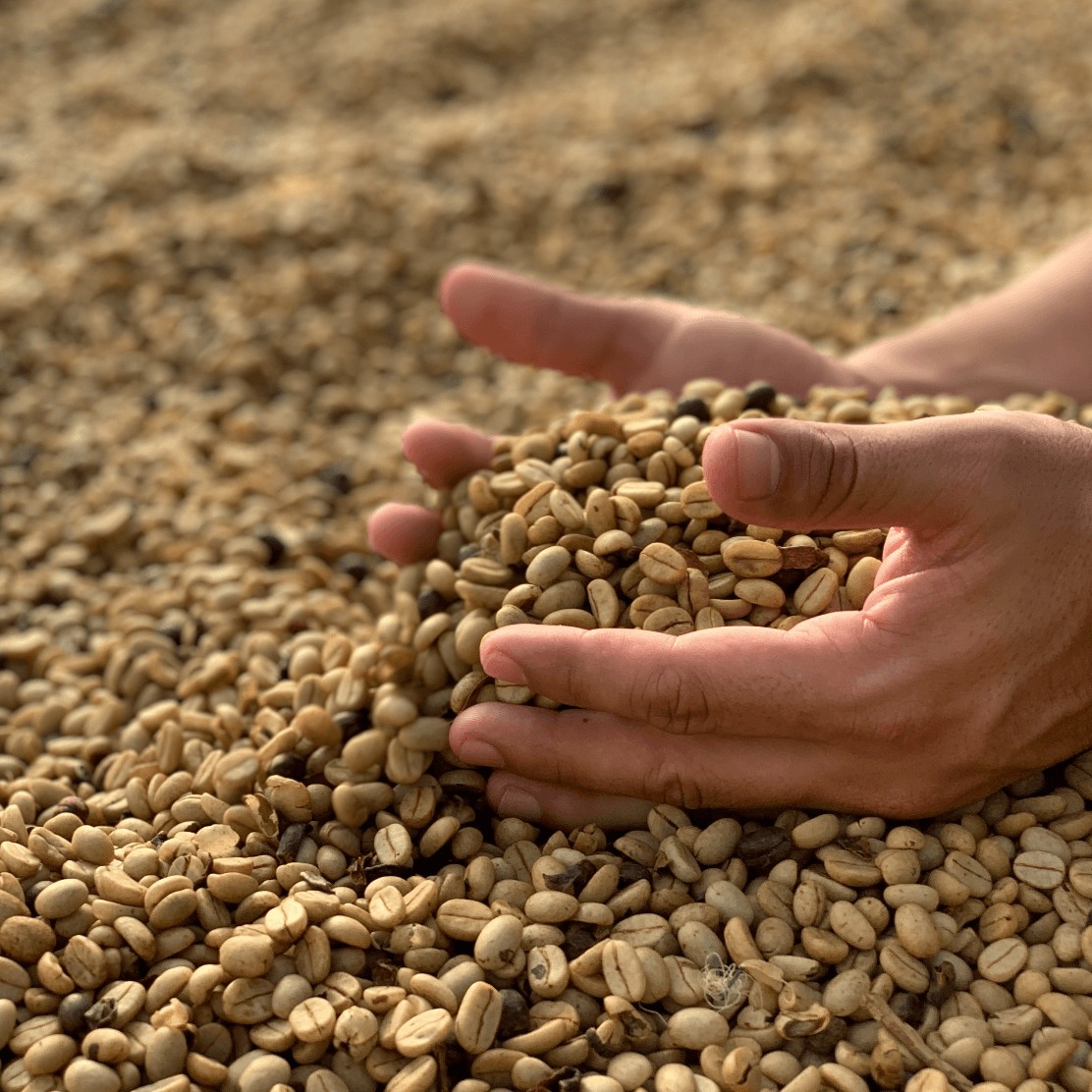Comparing Ethyl Acetate and Mountain Water Process Decaffeination for Coffee Beans: Pros, Cons, and Differences

Ethyl Acetate (EA) and Mountain Water Process (MWP) decaffeination are two popular methods for removing caffeine from coffee beans. EA decaffeination is a chemical process that utilizes a natural solvent derived from fruits, ethyl acetate, to extract caffeine from green coffee beans. First, the beans are steamed to open their pores, and then they are subjected to the solvent, which dissolves caffeine from the beans. The solvent is then removed from the beans through evaporation, leaving behind decaffeinated coffee beans.
MWP decaffeination, on the other hand, is a water-based process that does not involve the use of chemical solvents. It utilizes water to extract caffeine and other soluble compounds from green coffee beans. First, the beans are soaked in hot water, which allows for the extraction of caffeine and other soluble compounds. Then, the water is passed through a filter to remove caffeine, leaving a solution containing the other soluble compounds. The decaffeinated beans are then placed in the solution, where they reabsorb the soluble compounds but not the caffeine.
One advantage of EA decaffeination is that it is a faster process compared to MWP, making it suitable for large-scale operations. Additionally, it has a lower environmental impact since the solvent is a natural compound derived from fruits. However, it has been criticized for potentially leaving behind a residual taste in the coffee.
On the other hand, MWP decaffeination is preferred by some coffee enthusiasts due to its gentle nature, which preserves the original flavor and aroma of the coffee better than other methods. It is also considered to be more environmentally friendly since it does not involve the use of chemical solvents. However, it is a slower process than EA decaffeination and is more costly.
It is worth noting that both methods have been deemed safe by regulatory agencies such as the FDA, and any residual amounts of the decaffeination agents are negligible and do not pose a risk to human health. Ultimately, the choice between the two methods depends on personal preferences, cost considerations, and other factors such as environmental concerns.
Check out a Mountain Water Process decaf here.
Want to try a coffee mentioned in this article?
- Tags: Education



